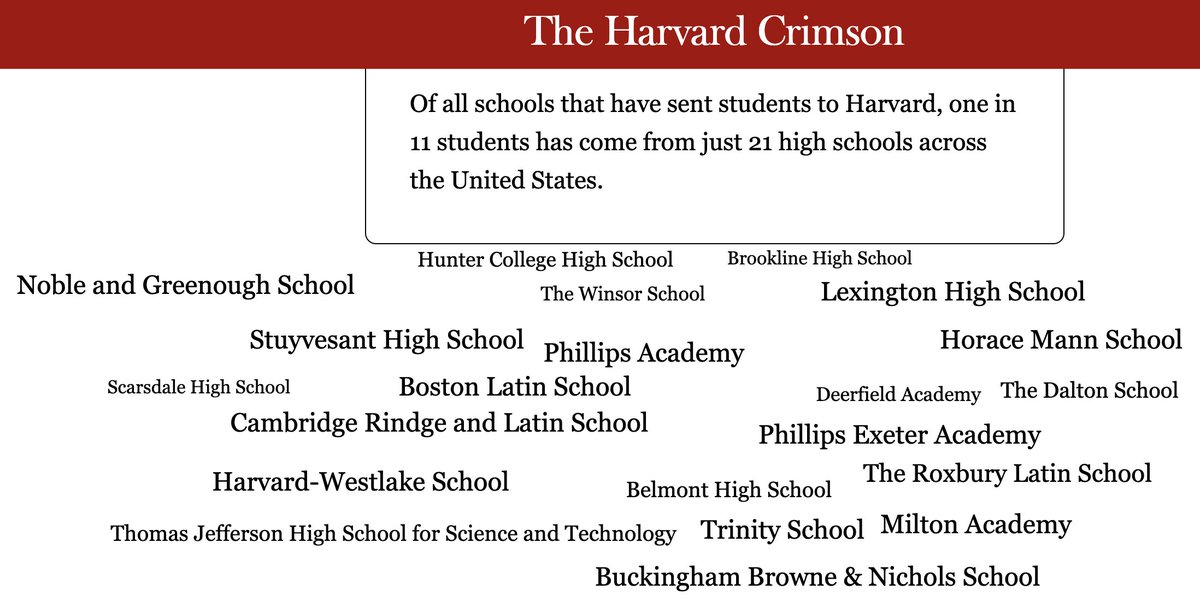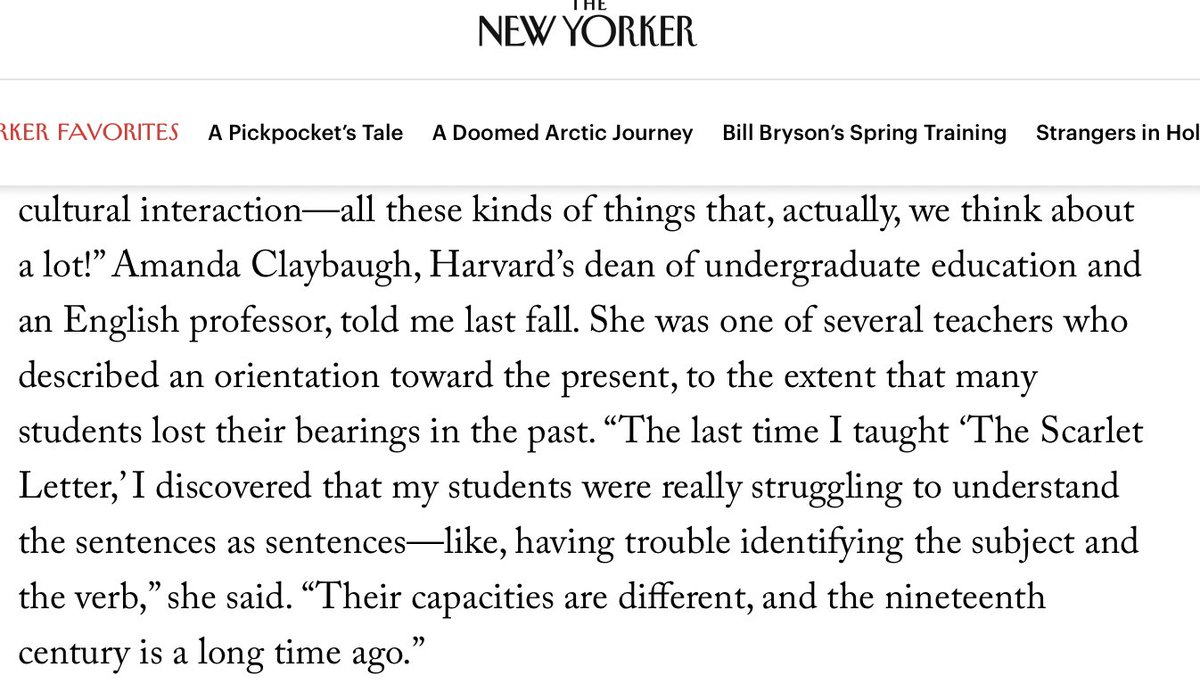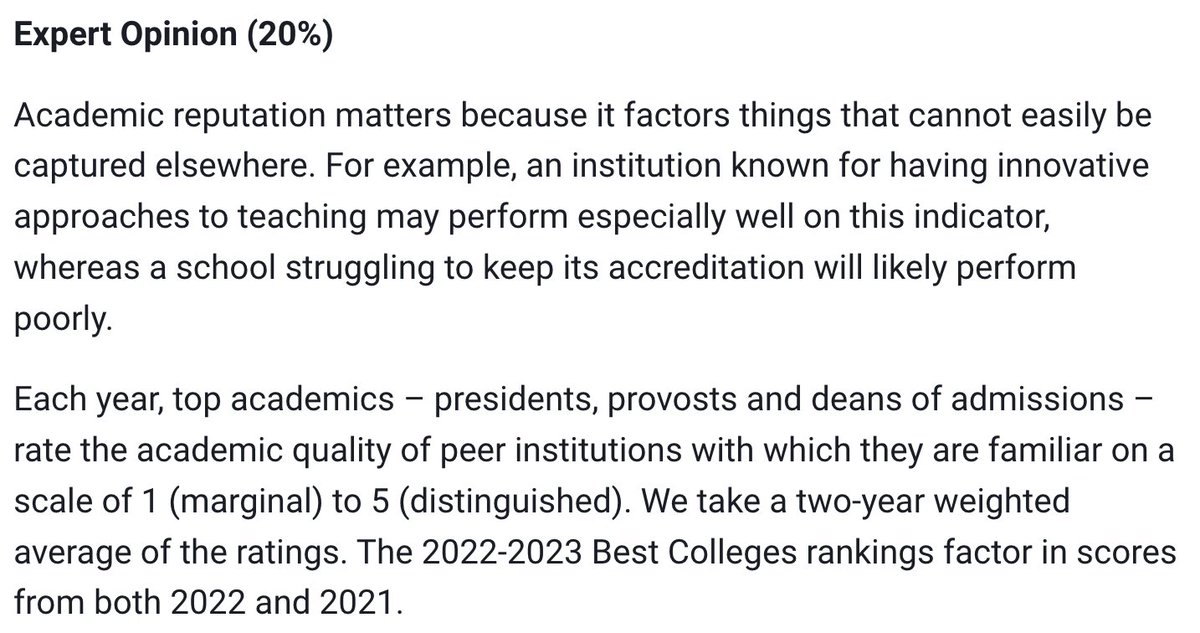College admissions and enrollment management woes:"the doubling and trebling of students who are frenziedly competing to get into about 35 to 50 of the most selective [schools]." Forecasts of nationwide enrollment crises to come.
The year: 1962. #emchat
The year: 1962. #emchat

More college admissions woes: HS transcripts aren't standardized and they're a total mess. School counselor loads are way too big.
The year: 1962

The year: 1962


More college admissions woes: College admissions officers should pay more attention to social-emotional skills.
The year: 1962.

The year: 1962.


More college admissions woes: Colleges need much better school profiles.
The year: 1962.
@MichaelBastedo @kkglasener
The year: 1962.
@MichaelBastedo @kkglasener

More college admissions woes: Students who go to certain private schools have an advantage over other students just by virtue of going there.
The year: 1962.
The year: 1962.

It sounded like it was really bad in 1962. Thankfully, all the problems bedeviling college admissions 57 years ago have now been solved.
source: hdl.handle.net/2027/mdp.39015…
It’s too bad that a standardized transcript wasn’t created in 1962.
I think standardization of transcripts, school profiles, & applications would make college admissions fairer & more efficient.
But Americans love liberté more than égalité; might be why it’s still 1962.
I think standardization of transcripts, school profiles, & applications would make college admissions fairer & more efficient.
But Americans love liberté more than égalité; might be why it’s still 1962.
• • •
Missing some Tweet in this thread? You can try to
force a refresh














